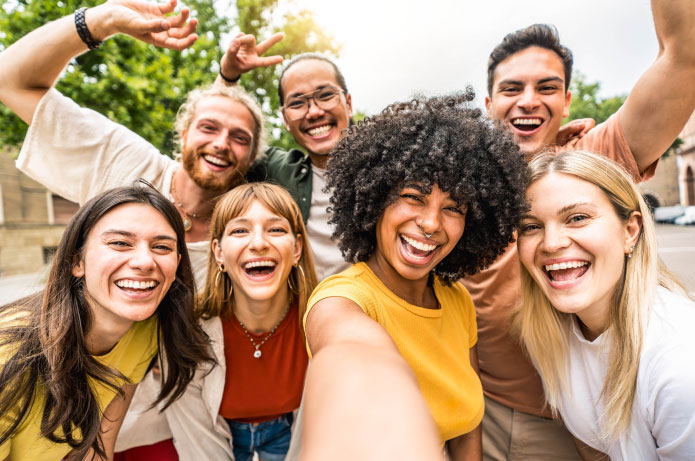A LOI, a specialized influencer marketing consultancy, and InstitutoZ, from Trope, a Gen Z and Alpha consultancy, presented a new strategic approach for brands looking to authentically connect with Generation Z (born between 1996 and 2010) and Generation Alpha (born from 2010 onward).
Combining consumption data, digital habits, and cultural insights, the presentation reveals that 2.62 billion people worldwide belong to Gen Z (UN, 2024), with 51 million in Brazil (IBGE, 2024; Unravelling the Habits of Generation Y in Brazil), and an estimated purchasing power of R$ 662 billion per year in Brazil alone (IBGE, FGV, and PNAD Contínua, 2025). Meanwhile, Gen Alpha, with around 2 billion individuals globally (Modern Consumer, 2025), is beginning to show its consumption patterns, digital behavior, and social influence.
According to Felipe Colaneri, co-founder of LOI, ‘brands need to stop treating young people as a monolithic group and understand the multiple codes that shape their identity, from digital to physical.’ One highlight of the study is the analysis of ‘phygital’ culture, which shows how the integration of online and offline experiences has become essential to fostering a sense of belonging.
Another key point is the role of the creator economy in purchasing decisions: 80% of Gen Z has consumed food recommended by influencers (Study ‘Who Influences Generation Z?’, 2025), and 66% have attended cultural events based on creators’ recommendations (Study ‘Who Influences Generation Z?’, 2025). Influence is decentralized, 37% trust people with small or medium-sized followings more , while only 7% trust major influencers more.
The research also reveals that over 50% of Gen Z spends more than seven hours a day online (InstitutoZ & YOUPIX 2025), especially on Instagram, YouTube, and TikTok. Unsurprisingly, 60% of Brazilian companies report difficulty communicating with this audience through traditional channels (Survey: ‘What Challenges Do Brazilian Companies Face with Gen Z?’, 2025). Worse yet, 1 in 3 companies doesn’t even have a specific strategy to engage Gen Z (Survey: ‘What Challenges Do Brazilian Companies Face with Gen Z?’, 2025).
For Luiz Menezes, founder of Trope and a content creator with experience in projects for Meta, Disney, and Itaú, ‘brands need to stop trying to impact Generation Z and start engaging them.’ The presentation also highlights case studies like Carmed, Netflix, and Roblox, which successfully adapted their language, channels, and collaborations to authentically connect with the new generations.


